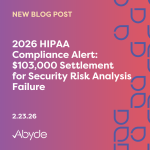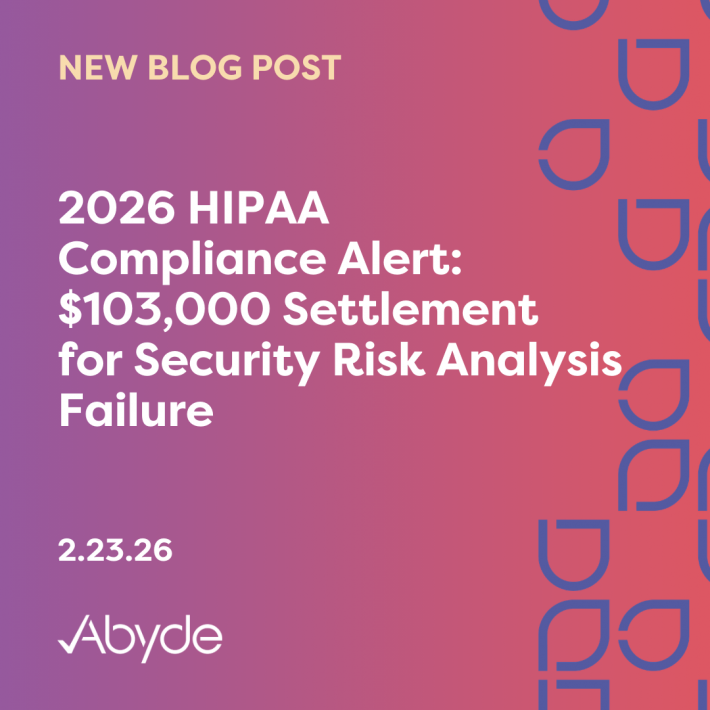September 18, 2025
Sure, your dog pics and selfies are safe in the cloud… but what about your patients’ data?
When technology advances, your practice evolves too.
As a healthcare provider, your job is to keep your patients and their data safe. The Health Insurance Portability and Accountability Act (HIPAA) covers protecting this data, especially how it is stored.
For example, what if a bad storm floods your practice and ruins an internal server?
With cloud storage, this isn’t an issue. Cloud storage is hosted elsewhere and accessed through an internet connection, keeping your practice’s Protected Health Information (PHI) safe.
Cloud storage and computing are encouraged, but it’s up to your practice to utilize them compliantly.
Best Tips for Using Cloud Storage
It’s time to do research before working with any cloud service provider. Some good questions to ask include:
Does this organization highlight its HIPAA policy on its site?
Is it clear what safeguards they have in place to protect your data? Will they encrypt the PHI?
Are the servers where PHI is stored located within the United States? While this is not a HIPAA requirement, it’s considered more secure than other nations.
Most importantly, is this cloud service provider aware of the extent of its HIPAA responsibilities?
Cloud service providers are considered Business Associates (BAs) under HIPAA. While BAs might not deal with patients directly, they handle patient data and are required to follow HIPAA legislation. Cloud service providers are considered BAs whether or not they have access to the encrypted data. Since they store it, they are considered BAs.
BAs must complete a Security Risk Analysis (SRA), train staff, maintain up-to-date documentation, and more, like any healthcare practice.
Before working with a BA, it is essential to complete a Business Associate Agreement (BAA). BAAs are legal contracts with BAs that ensure both parties are aware of their responsibilities when handling PHI and define the course of action if a breach occurs.
A BA and Covered Entity (or, healthcare practice) must complete a BAA before entering a business relationship. Your practice should also avoid working with BAs who do not want to be held legally responsible for handling PHI.
Not having a BAA with your cloud storage provider can get you into hot water with HIPAA. In fact, a university was fined nearly 3 million dollars by the Office for Civil Rights (OCR). The OCR discovered that the BA and the college never signed a BAA after a breach of student health data.
Storing PHI Compliantly
While choosing the right cloud service provider can be extensive, it will significantly benefit your practice.
In fact, 83 percent of small healthcare practices surveyed named cloud-based EHR implementations the most meaningful business decisions they had made in the last few years.
By doing your due diligence, working alongside your IT team, completing a BAA, and continuing to ensure the proper safeguards are in place, your patients’ PHI can be stored safely in the cloud.
As your practice adopts more innovative data management methods, your HIPAA compliance should keep pace. With the right compliance software, your practice can easily streamline requirements like the BAA.
Meet with an expert today to learn more about HIPAA compliance in your practice.





